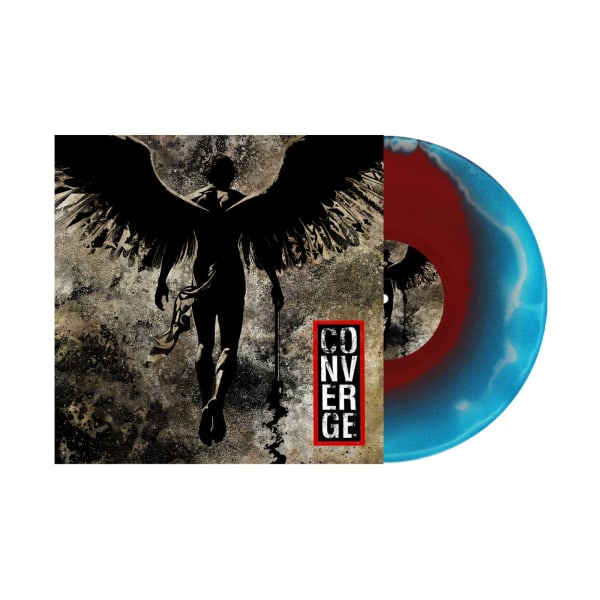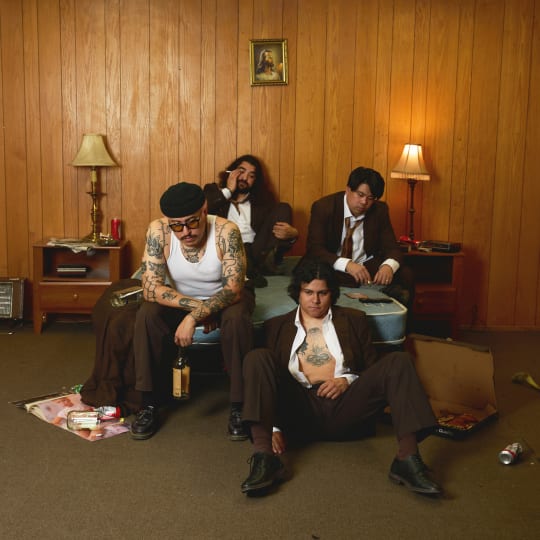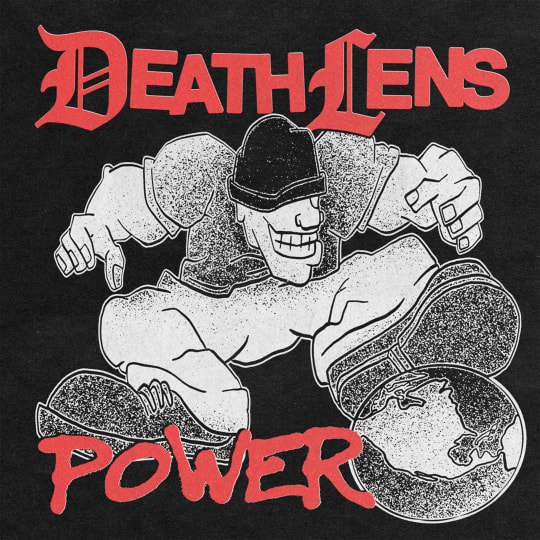Upcoming Shows
See All-
1.25.2026Wien, AustriaArchitects' 2026 EU Tour
-
1.25.2026Miami, FLShipRocked 2026
-
1.25.2026Kelowna, BCProspera Place
-
1.25.2026Kelowna, BCProspera Place
-
1.25.2026Camperdown, AustraliaBetter Lovers + Split Chain + Blind Girls
Listen
YouTubeFeatured Video
YouTubeFeatured Video
YouTubeFeatured Artist
See AllThe Ghost Inside
Captivating bangers like “Engine 45,” “Avalanche,” “Aftermath,” “Wash It Away,” and “Pressure Point” are anthems for outcasts. Since its formation in El Segundo, California, The Ghost Inside has inspired international audiences with passion and determination. Tremendous obstacles never dampened their energy. The Ghost Inside is stronger than ever. The lesson isn’t only about strength through adversity. In recent years, vocalist Jonathan Vigil, guitarists Zach Johnson and Chris Davis, bassist Jim Riley, and drummer Andrew Tkaczyk learned an esoteric truth about tranquility. As the axiom says, it’s the journey, not the destination, a theme throughout the band’s dynamic sixth album, Searching for Solace.
Featured Video
YouTubeFeatured Artist
See Allguccihighwaters
guccihighwaters’ third album for Epitaph, DEATH BY DESIRE is his boldest and most adventurous record to date—a result of the project’s mastermind Morgan Murphy taking the creative wheel and hitting the gas at 100 MPH, putting every element of his musical acumen into these 12 songs. After releasing joke’s on you in 2021—as well as the extensive touring that followed—Murphy felt creatively unsure of where to go next. ”I was in a standstill,” he explains. “I was putting out a lot of singles and doing sessions with producers and songwriters, and I wasn’t connecting with what I was making.” Instead of throwing in the towel, Murphy got to work on writing and self-producing the luxurious alternative pop sound that would become DEATH BY DESIRE. “I locked myself in the studio every day and really just focused on reinventing myself,” he recalls. “I was making something that was untouched by anyone else. I knew it was gonna be a hard task, but it was also the only way for me to feel like I accomplished something that I love.”










